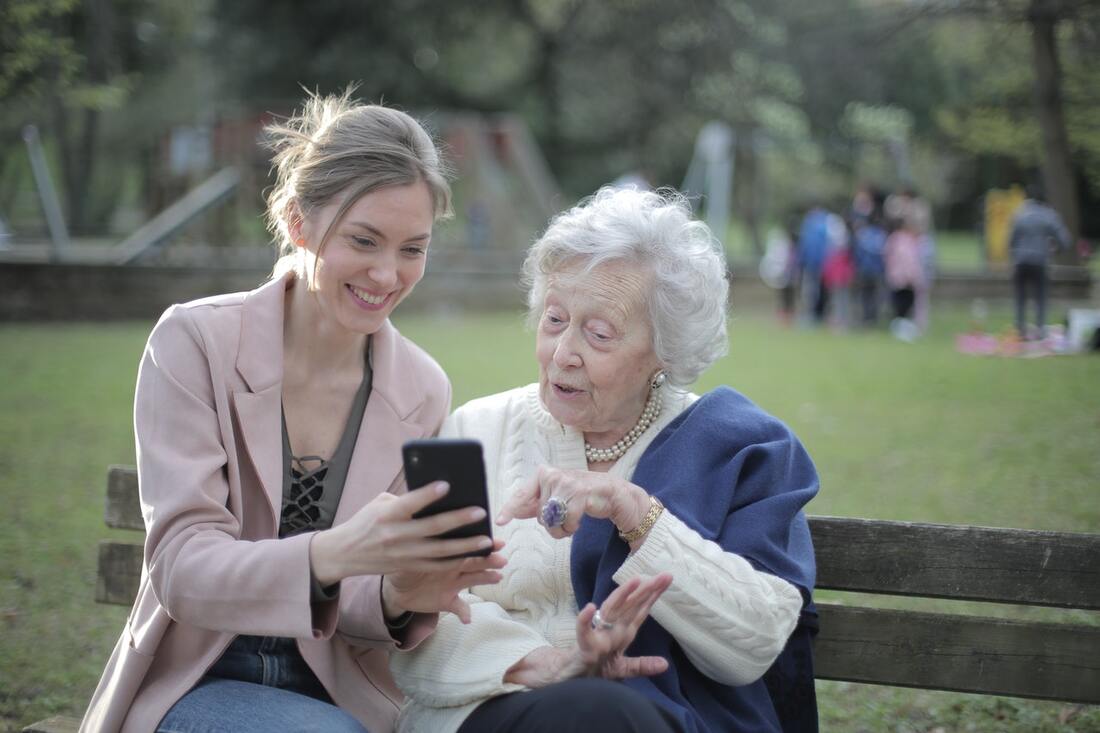|
Many thanks to June Duncan @ RiseUpForCargivers for providing this excellent article. If you are a caregiver, you are not alone. Visit RiseUpForCargivers for help navigating this challenging role.
Caring for a senior loved one during a global pandemic comes with a lot of worries, especially when it comes to their long-term care. Many assisted living facilities have had to make drastic changes to their policies in order to keep their patients safe during the pandemic, making it harder to find openings. The stress that comes with making decisions for your senior loved one can be overwhelming, and those feelings are often exacerbated by health issues they may be living with. Take a look at Enlighten Me Today, which offers resources and tips for those living with various disorders, to get some support. Then, think about how you can help your senior loved one stay healthy and happy down the road. Plan for the costs. When it’s time to think about making a move to assisted living or a retirement home, many seniors pin their hopes on their insurance to cover some of the cost. Unfortunately, Medicare only pays out for specific services, and these are short-term: hospital care, home nursing after an injury or illness, and doctor’s visits. Medicaid will cover some of the costs associated with assisted living, but the coverage varies by state, so it pays to get familiar with their policies according to where you live. Your senior loved one might also be able to secure a private loan to pay for their care, although this can be pricey and isn’t a viable option for everyone. Long-term care insurance is also available, but your loved one would need to have a policy in place before they need it. Finally, they might be able to secure a reverse mortgage on their home, but this can have major implications on their estate planning, so make sure your loved one understands all that comes with this decision. If selling isn’t an immediate option, consider helping your loved one look for financial assistance that would allow for home modifications and aging-in-place. Utilize real estate. Another option for funding long-term care is for your loved one to sell their home altogether. Many seniors utilize real estate sales to help pay for assisted living, and while putting a house on the market looks a little different than it used to due to the pandemic, it’s still possible. With virtual tours and video chats available these days, it’s easier than ever for potential buyers to check out a home while staying socially distanced. When you’re ready to help your loved one get started with the sale, start by looking up local safety guidelines and contact a realtor who can answer any questions you or your loved one might have. Next, start cleaning, decluttering, and preparing the home for viewers. Take their needs into consideration. Your senior loved one’s long-term needs may change over time. Although it’s impossible to see into the future, it is necessary to think about how to help them make the most of their living situation. Once you’ve figured out how to fund the move, think about what type of facility is best. Some offer everything from health care to meal preparation, while others allow for more independence. If your loved one is living with a disability or has trouble with daily tasks, a full-care facility will likely be the best option. Those who are at risk for mobility issues down the road or may need memory care will also benefit from a facility that offers a wide range of services. Helping a senior make decisions about their long-term care can be daunting and may even take an emotional toll on both of you, so it’s important to practice self-care during this time. Pay attention to your loved one’s emotional needs, especially if the decision is made to sell their home. If possible, work on a plan together so they’ll feel more comfortable with the outcome. Photo via Pexels
0 Comments
Leave a Reply. |
AuthorMartin Luther King Jr. said "Life's most persistent and urgent question is, 'What are you doing for others?'" Archives
August 2023
|


 RSS Feed
RSS Feed